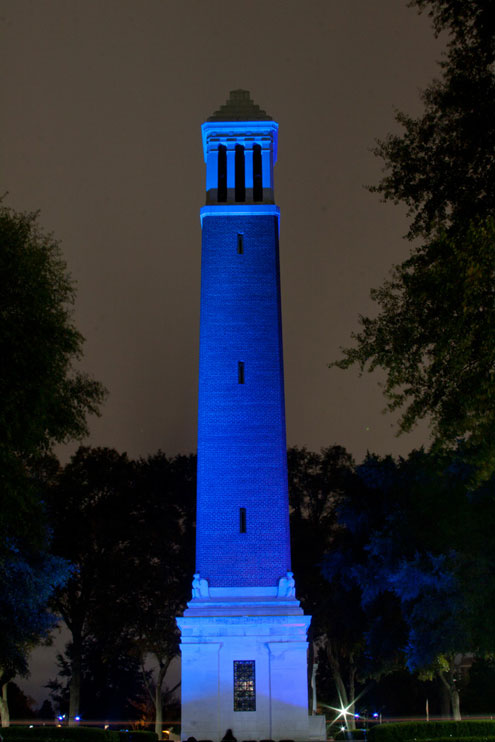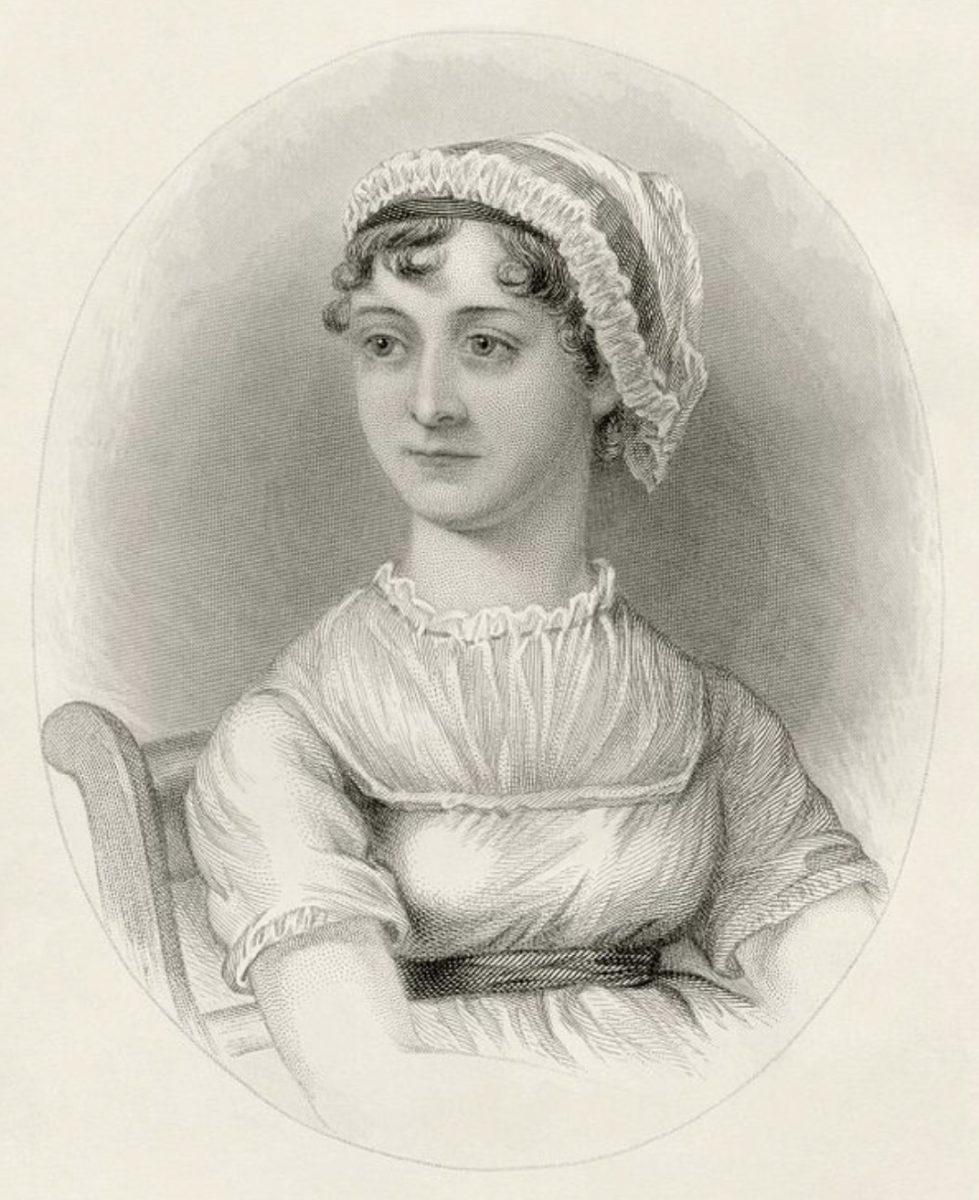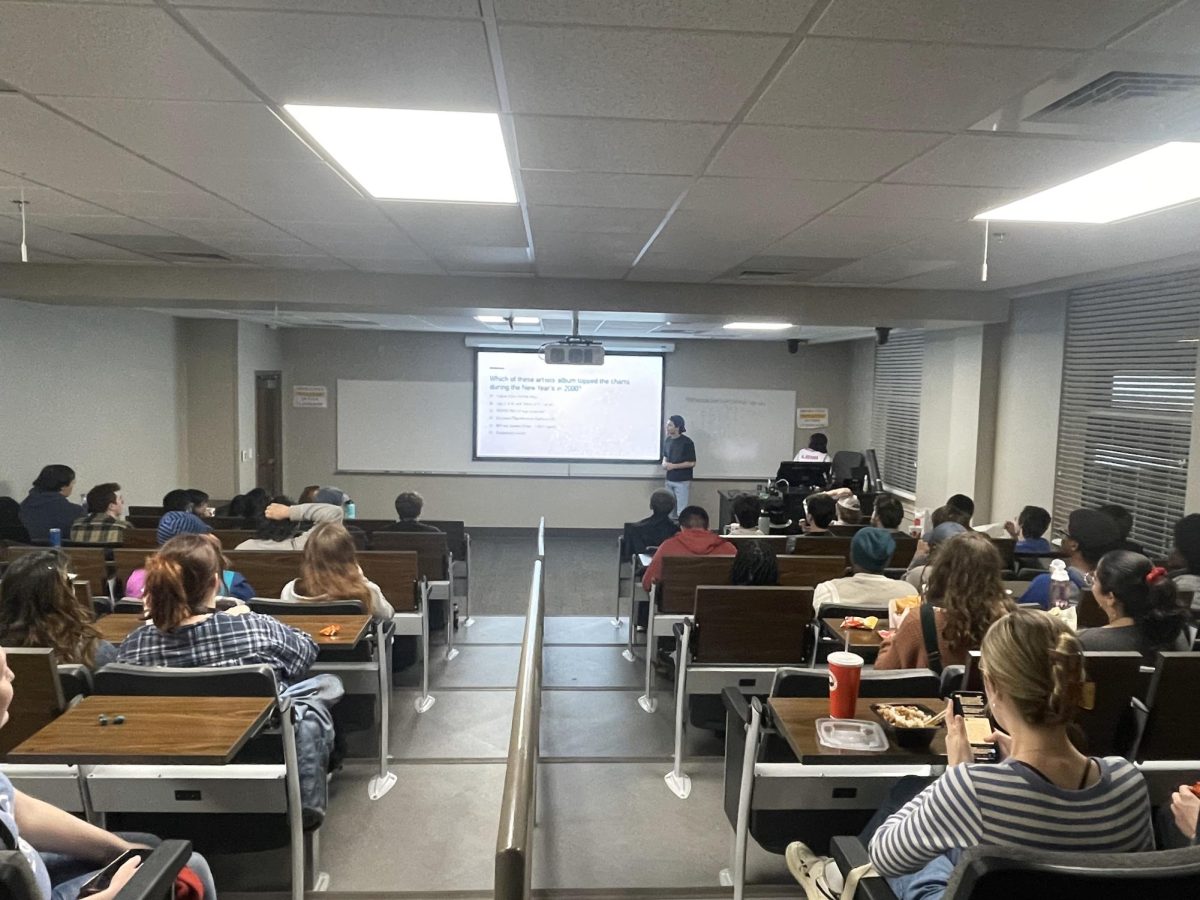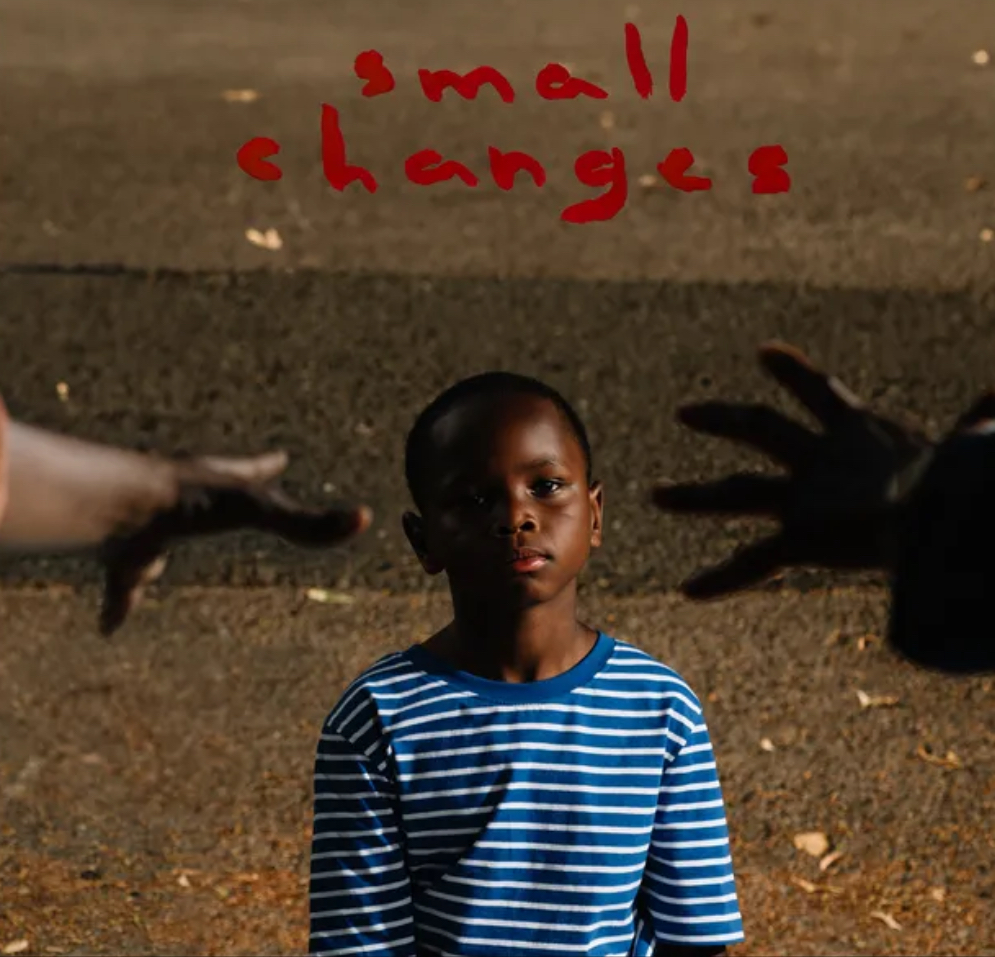Denny Chimes was lit blue last night to raise awareness for World Diabetes Day, which is celebrated every year on Nov. 14. This date was chosen on behalf of Frederick Banting’s birthday, the man who discovered insulin in 1921 along with Charles Best.
All across the world, recognized buildings, monuments and even various homes were lit from sundown to midnight in remembrance of World Diabetes Day.
“Alabama has the highest rate of diabetes throughout the U.S. – every one in 20 people have diabetes,” said Mary Elizabeth Halliday, a senior majoring in food and nutrition. “The numbers are pretty outstanding…it’s shocking.”
As a food and nutrition major, Halliday has learned much about diabetes in the classroom and wanted to bring diabetes awareness to the Tuscaloosa community. She got involved with World Diabetes Day to express how diabetes has become a world pandemic, not limited to the United States.
Out of the 160 different countries that partake in World Diabetes Day, Japan has the largest effort relative to other countries in raising awareness for diabetes. Other countries include Australia, Costa Rica, India, Kenya, Qatar and many more.
“We’re behind the ball with this one as a nation,” said Genna Jones, College of Human Environmental Sciences executive secretary.
Jones helped guide Halliday through the process of approvals and paper work, but she stressed that without Halliday’s hard work and dedication to the cause, there would be no lighting of Denny Chimes.
Halliday explains the symbol denoting diabetes is a blue circle. This symbol comes from the United Nations flag, which is blue. The UN made World Diabetes Day an international holiday, according to Halliday.
“The circle represents the unity of our entire globe coming together on this day to promote education about diabetes because it’s affecting so many people,” Halliday said.
Jones said that there were only 10 days to get the approval for this event when she heard about the proposal. Various obstacles stood in their way, yet all those whom they needed agreements from were on board with the plan.
“This is not just putting up a tent on the quad,” Jones said. “This is huge.”
Everyone is encouraged to change their Facebook profile picture to the blue Denny Chimes, found on the CHES Facebook page, for a week or just tag yourself in the picture to continue to spread awareness of this cause and to remember those who suffer with diabetes, Jones said.
This is the first time anything like this has happened here at the University of Alabama. Additionally, Alabama is one of the first universities in the United States to be involved in this lighting.
Halliday said she wants people to realize that diabetes is just as important as all other diseases out there and she wants to encourage people to change certain habits they may have that can lead to or worsen diabetes.









